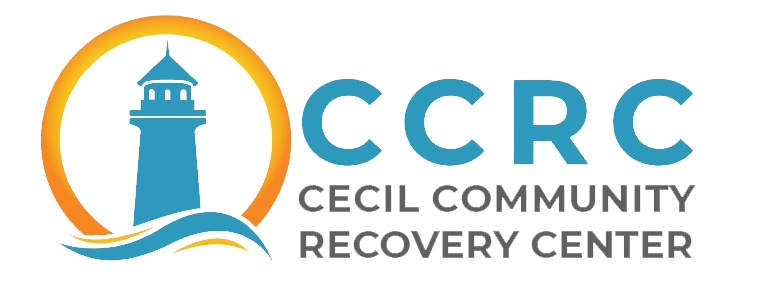There’s a mindset that still shows up in a lot of “traditional recovery” spaces: the belief that if you take any medication, especially a controlled medication, you’re somehow “not really clean.” This attitude seems to become even more stronger regarding MAT/MOUD medications, in particular (& unfairly, I may add!)
People hear things like:
“You can’t be sober if you’re on Suboxone.” “ADHD meds are just legal meth.” “You can’t take anxiety meds in recovery.” “Real sobriety means you don’t take anything.”
That kind of thinking doesn’t just shame people, it keeps people from getting the care they actually need.
At Grasonville Health Services, we see the harm this causes every day. People avoid necessary medications because they’re afraid of judgment. Others quit treatments that were stabilizing them. & many feel like they have to choose between their health & being accepted in the recovery community.
Sober means you’re not misusing substances. Not that you’re refusing medical care. Being in recovery doesn’t mean refusing treatments.
A lot of the “no meds” mindset comes from older recovery culture, not from medical science or data that we now have. Today, we know better. Plenty of people require:
– ADHD medications
-Anxiety or panic disorder treatments
-Mood stabilizers
-Sleep medications
-Pain management medications
-MAT for opioid use disorder
-Antidepressants
-PTSD-related treatments
& That’s OK!
Taking medications as prescribed & under medical supervision is not using.
It’s responsible healthcare.
**Controlled doesn’t mean ‘dirty.’
It means supervised, monitored, & appropriate for certain conditions.**
The stigma around controlled medications makes people:
– Hide their diagnoses
– Refuse medical care
– Try to “white-knuckle” conditions that require treatment
– Suffer in silence
– Possible relapse because untreated symptoms become unbearable
None of that is recovery.
That’s untreated illness.
Trying to be “med-free” when you genuinely need medication isn’t noble, it can be dangerous.
We would never tell a diabetic to stop insulin. We wouldn’t tell someone with epilepsy to stop their seizure medication. We don’t shame people for taking heart medication or thyroid medication.
So why do people feel bold enough to shame someone for treating ADHD, PTSD, anxiety, depression, chronic pain, or opioid use disorder?
Recovery is NOT a purity contest.
There’s no extra credit for suffering. There’s no medal for untreated mental health conditions. There’s no trophy for ignoring your doctor.
At Grasonville Health Services, we believe:
Medication is healthcare. Treatment is individualized. Recovery should be safe, humane, & evidence-based. You don’t lose your sobriety because you listen to your doctor.
If a medication helps you stay stable, grounded, & alive?
Then it belongs in your recovery & life. After all, that’s what medications are for.
**Medication doesn’t take away your sobriety; It can actually protect it.**
You’re still sober.
You’re still in recovery.
You’re still doing the work.
& anyone who says otherwise is relying on stigma, not science, not compassion, & not reality.


